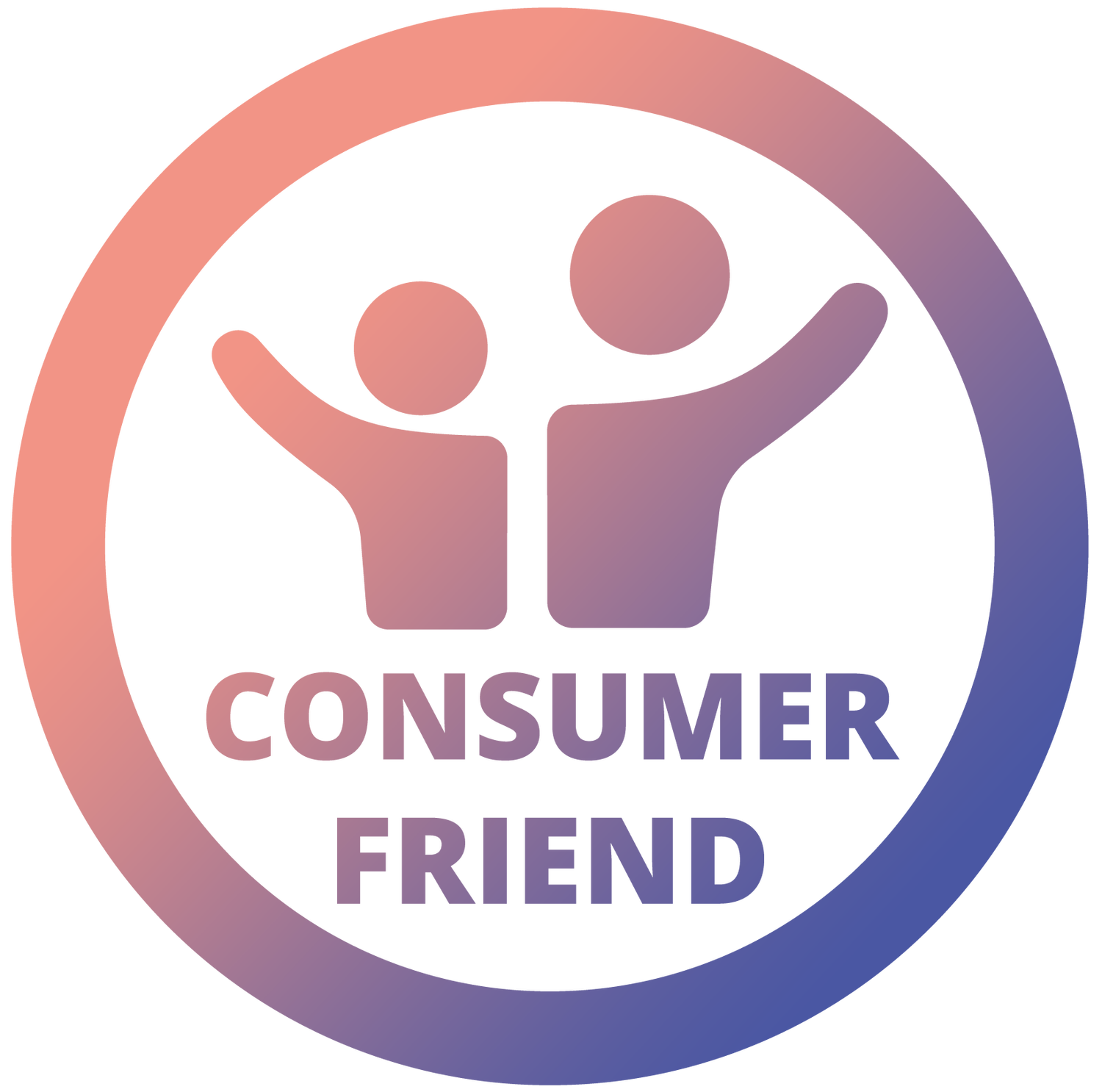The problem with the word vulnerable
I met a lady called Judith this week. We got into a great conversation about vulnerability. Judith said and it has played around in my head all week:
‘A person is vulnerable if they have a problem they don’t know how to solve.’
Thank you Judith… this is simply brilliant!
I have thought and thought and thought about this. We never like to call people vulnerable, so whilst I agree with Judith and what she is saying completely. I still don’t like to label people vulnerable. When we call people vulnerable, it implies there is something wrong with them and because of that, they cannot deal with the situation they are in.
In fact, it is the opposite. It’s the situation that is going on around people that makes them situationally vulnerable or the market place a person is trying to navigate. This could be something they haven’t bought before, or they don’t know a-lot about, or they could be relying on imperfect information! Any of these things can mean a person might not get exactly what they want or need from whatever they are buying or trying to do.
Let's break it down. The word "vulnerable" typically carries a suggestion of weakness or helplessness. When we label people as "vulnerable", we might not see how strong and capable they are. This can make them seem like victims all the time, which isn't fair. It can keep stereotypes alive and can take away people’s power to make their own choices.
For example, older people, younger people, people with long term disabilities or illnesses or people who are recently bereaved COULD be experiencing consumer vulnerability. But they are NOT VULNERABLE people, it’s not static, it’s a state not a trait. Its dynamic and people move in and out of periods of consumer vulnerability depending on what’s going on around people or what they are trying to do. Any one of us can be experience consumer vulnerability.
Case study
Take moving home as an example. Ben’s wife recently dies, and Ben decides to move house as he doesn’t want to live with all the memories. Ben decides on a new build house.
Now we cannot label Ben as vulnerable just because he’s recently bereaved. But he could be. Ben hasn’t moved house in 50 years, so he is new to the market place, is Ben market place vulnerable? He could be. Based on the 50 years in a previous home, this is then putting Ben in the possible older consumer category, now does age make him vulnerable? Possibly! Ben is also looking to spend one million pounds on this new build house as his wife had a massive insurance policy that paid out when she died. Does Bens new found financial situation make him vulnerable? Possibly! I think you get the point….
However take it a step further, If the answer is yes to any of these questions, Ben wont stay vulnerable for ever he will move in and out of periods of vulnerability.
Lets imagine James who is Bens brother had exactly the same thing happen to him and he was the same age from the same background. James may be affected by vulnerability for longer or shorter than Ben or not at all. What I am saying is its all so subjective and fluid and we need to not make assumptions or place judgment or project how we have felt when things have happened to us. But we should use our own experience to empathise and support and improve outcomes for everyone.
We also need to shift our language and mindset
At Consumer Friend we define consumer vulnerability as the following:
‘Consumer vulnerability in a broad sense, refers to any situation in which an individual may be unable to engage effectively in a market and as a result, is at a particularly high risk of getting a poor deal.
This can be something as severe as becoming a victim of a crime or just not getting the best deal for them at the time.’
We need to ask consumers, customers, people what they need and how we can help them. Make complaining a must, invite it so you can help people quickly. The inability to access redress is one of the things causing the most amount of vulnerability for consumers.
Train your staff
Create a consumer panel
Embed inclusive services into your organisation
A study by the Financial Conduct Authority (2018) found that 47% of UK consumers currently show one or more characteristics of potential vulnerability based on their health, financial resilience and capability, and on life events that could be having a detrimental impact on them. That’s potentially over 25 million people in the UK.
It’s about shifting the narrative from ‘them and us’, to all of us. As we can ALL be affected by consumer vulnerability at different times.
In conclusion, words matter. So, the next time you're tempted to use the word "vulnerable," think about what that means to the person being called vulnerable. Let's choose our words wisely and cultivate a culture of empathy, respect, and inclusivity.
Let's promote a culture where everyone is noticed, listened to, and appreciated. Instead of seeing people as weak, let's recognise their strength and diversity as we all navigate life's insanely difficult challenges. Everyone has the right to be understood and to understand. #Empathy
If you would like to work with us, talk to us about our consumer vulnerability training, be a guest on our podcast, talk to us about giving people what they need. Drop us an email info@consumerfriend.org.uk
Author: Louise Baxter - Co-CEO Consumer Friend
Have a listen to our latest podcast on consumer vulnerability published in October 2022:

